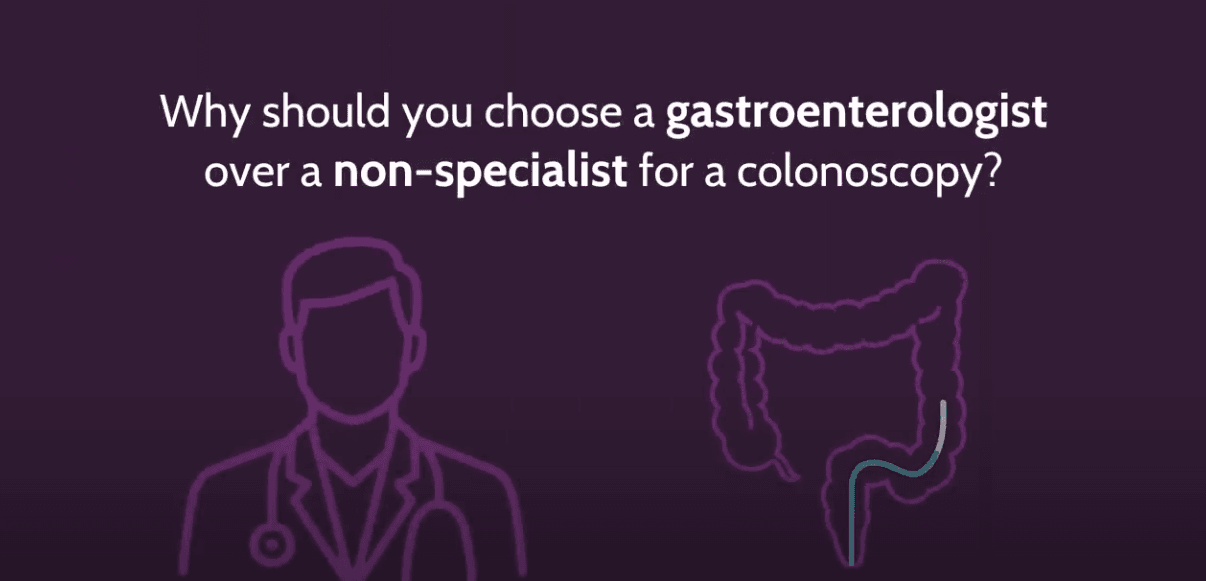Schedule Online Today
Provo Gastroenterology now offers patients the opportunity to schedule appointments online! Click the button below to get started.
Provo Gastroenterology
Revere Health’s Provo Gastroenterology clinic offers comprehensive prevention, diagnosis, and treatment of digestive disorders. Some of these disorders include irritable bowel syndrome (IBS), acid reflux, celiac disease, Crohn’s disease, hemorrhoids, and liver and pancreatic diseases. Our gastroenterologists in Provo, Utah offer full endoscopic services including ERCP and endoscopic ultrasound. We work with our patients to develop a treatment plan based on their individual needs and goals. Our specialists have performed over 200,000 comprehensive colonoscopies using the latest technology and equipment, ensuring that patients are taken care of and receive the highest quality care possible.

Information Cards
Phone: (801) 374-1268
Fax: (801) 812-5454Monday - Friday:
9:00 a.m. - 5:00 p.m.See patient education
resources below ↓
Services
Upper Endoscopy
Learn About Upper EndoscopyAn orally inserted endoscope helps your provider examine the lining of the esophagus, stomach and duodenum to help diagnose digestive issues.
Biliary Endoscopy
Learn About Biliary EndoscopyUsing an endoscope to view the stomach, your provider will inject dyes into the biliary tree and pancreas so they can be seen on X-ray.
Colonoscopy
Learn About ColonoscopyExamination of the colon for signs of abnormality using a rectally inserted fiber optic tool. Recommended for ages 50+
Small Intestinal Enteroscopy
Learn About Small Intestinal EnteroscopyUses an endoscope to evaluate gastrointestinal bleeding, small bowel tumors, polyps or other small bowel diseases.
Capsule Endoscopy
Learn About Capsule EndoscopyA small camera in the shape and size of a pill is swallowed in order to take pictures inside the digestive tract.
EGD
Learn About EGDAlso called upper endoscopy, an EGD is an interior examination of the esophagus, stomach and duodenum.
Wireless pH Studies and Esophageal pH Studies
Learn About Wireless pH Studies and Esophageal pH StudiesA wireless capsule or a small probe is positioned near the lower esophagus to monitor esophageal acid levels.
Spyglass Examination of the Biliary Tract
Learn About Spyglass Examination of the Biliary TractA method examining the biliary system via catheter instead of probe; often in cases of bile duct stones, nodules or masses.
Diagnosis and Management of GI Diseases
Learn About Diagnosis and Management of GI DiseasesGI diseases are treated through diet and medication and diagnosed through stool, blood tests and/or endoscopies.
Pancreatic Disease
Learn About Pancreatic DiseaseAbnormalities or inflammation of the pancreas, including conditions such as pancreatitis and cystic fibrosis.
Liver Disease
Learn About Liver DiseaseAny disorder of the liver, including conditions such as cirrhosis, inflammation, tumors and metabolic disorders.
Inflammatory Bowel Disease
Learn About Inflammatory Bowel DiseaseDiseases characterized by inflammation of the bowel, including conditions such as ulcerative colitis and Crohn’s disease.
Irritable Bowel Syndrome
Learn About Irritable Bowel SyndromeA common disorder of the large intestine, often leading to cramping, bloating, abdominal pain, constipation or diarrhea.
Hepatitis C Treatment
Learn About Hepatitis C TreatmentOur providers offer patients a variety of specialized treatment options for hepatitis C treatment and management.
Flexible Sigmoidoscopy
Learn About Flexible SigmoidoscopyOur providers offer patients a variety of specialized treatment options for hepatitis C treatment and management.
Hemorrhoid Banding
Learn About Hemorrhoid BandingA procedure deterring blood supply from the hemorrhoidal mass by applying a rubber band to the base of the hemorrhoid.
ERCP
Learn About ERCPA diagnostic procedure performed by inserting a flexible tube down the throat, stomach and small intestine to look for diseases.
Endoscopic Ultrasound
Learn About Endoscopic UltrasoundA procedure using sound waves to produce images of the lining and walls of your digestive tract, chest and nearby organs.
Reflux and Difficulty Swallowing
Learn About Reflux and Difficulty SwallowingDysphagia, or difficulty swallowing is a condition caused by factors such as age, genetics, improper chewing or disease.
Gastroparesis
Learn About GastroparesisCare and treatment for a condition that slows the digestive tract and prevents the stomach from emptying properly.
More about value-based care

Patient Education
- Videos
- Forms and Resources
- Prep

The importance of getting a colonoscopy by a certified gastroenterologist

When and How to Treat Stomach Pain

What is a Colonoscopy?

How to Prepare for a Colonoscopy

What Can I Eat Before a Colonoscopy?

Why Screen for Colorectal Cancer?

Why you should choose a gastroenterologist for your colonoscopy

About Revere Health

Your partner in health. Your partner for life.

Schedule your annual wellness visit















